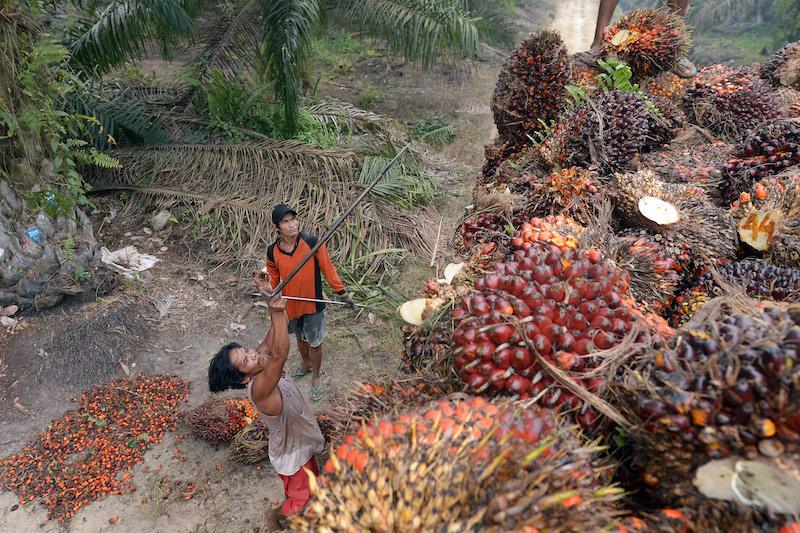The Indonesian government’s efforts to address domestic cooking oil shortages by banning palm oil exports has begun to backfire, with local farmers protesting the policy.
Hundreds of farmers protested in the capital city of Jakarta on May 17, demanding that the government revoke the palm oil exports ban, which has led the price of palm fruits to tumble.





